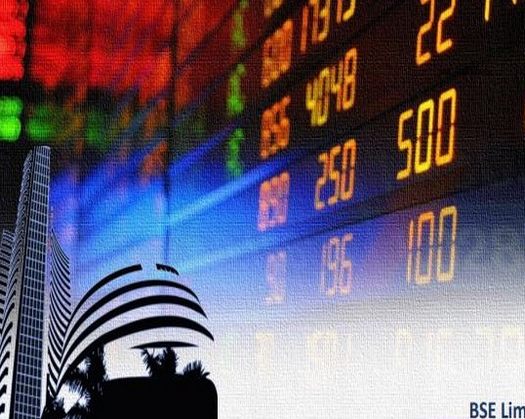Mumbai: Indian stock indices began the day on a positive note on Tuesday following a tumultuous session on Monday.
At the start of trading, the BSE Sensex stood at 74,331.00, gaining 1,193.10 points or 1.63 percent, while the Nifty 50 at the National Stock Exchange (NSE) rose by 385.50 points or 1.74 percent, reaching 22,547.10.
All sectoral indices opened in the green, reflecting strong investor confidence after a significant market decline attributed to tariffs imposed on India by the US administration under Donald Trump.
Key gainers on the NSE included Titan Company, Tata Steel, Hindalco Industries, Tata Motors, and Shriram Finance. Meanwhile, the Midcap and Smallcap indices on the BSE each increased by 2 percent.
Commenting on the market trends, Akshay Chinchalkar, Head of Research at Axis Securities, noted, "The Nifty experienced its largest drop of the year yesterday, but the recovery of over 400 points by the close was a positive sign for bullish investors. This rebound formed a bullish belt-hold line, with the 22572-22685 range marking the next resistance level. Conversely, the 22015-22130 range is crucial for support."
On Monday, Indian stocks faced a severe downturn, reflecting heightened concerns about the implications of tariffs on global trade and economic growth.
Experts indicate that investors are apprehensive about a potential slowdown in global trade, which could adversely impact corporate earnings and economic expansion worldwide.
The market's response underscores increasing worries among investors regarding the future of international trade and the overall health of the global economy.
During early trading, the Sensex briefly fell by 5 percent, but as the day progressed, it managed to recover some losses, ultimately closing down by 3 percent.
In response to the upheaval in international markets triggered by President Donald Trump's tariff policies, US markets experienced a significant decline when they opened on Monday morning. The implementation of reciprocal tariffs has resulted in widespread downturns in financial markets around the world, with notable drops in both Asia and Europe. This situation has sparked a global sell-off in equities, affecting the US market as well. Investors are concerned that these trade measures could lead to increased inflation, jeopardizing economic growth.
Experts suggest that upcoming global data and the earnings season will play a crucial role in shaping market trends moving forward.












